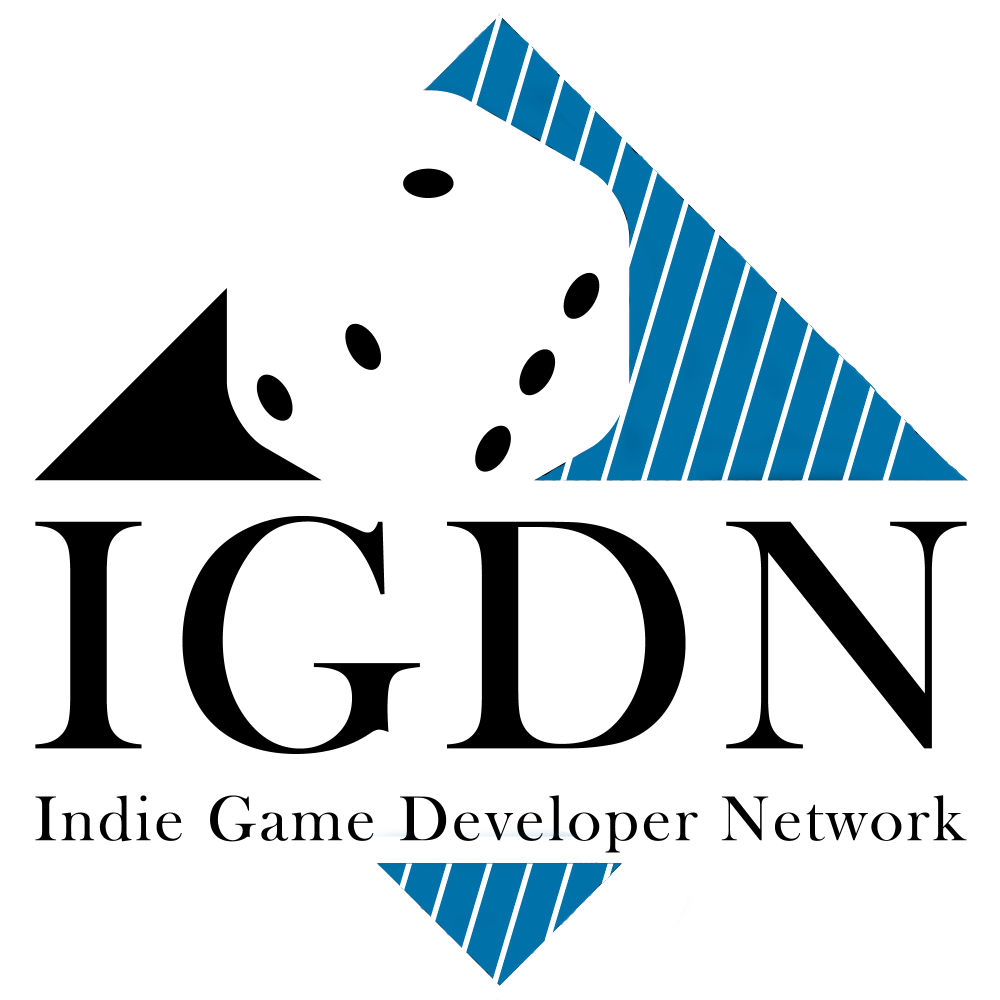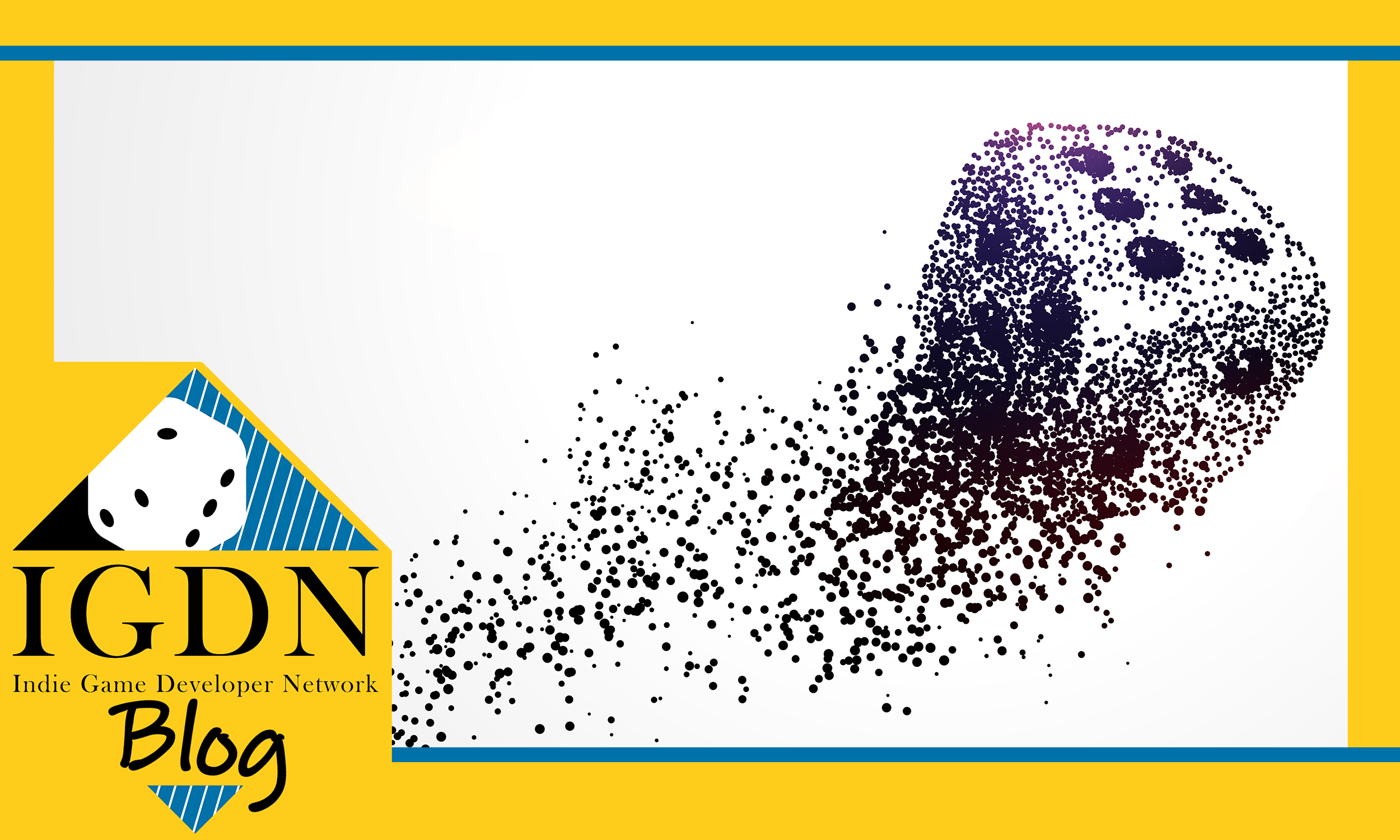The Unpub TTRPG Speed Pitch Event
Image by starline on Freepik
The Unpub TTRPG Speed Pitch Event
I participated in my first speed pitching event held by the Unpublished Network for TTRPGs. This was my first time in a publisher's space as well as pitching my game in real time
Britain “Squidsy” of Lost Guide Games
This article is part of the Indie Game Developer Network's blog series. The opinions and views expressed in this article are those of the author and do not necessarily reflect the opinions and views of the IGDN or its members.
The Unpublished Network supports a variety of game designers, publishers, artists, and players for different table top games. They run a speed pitch event during different conventions and different times during the year, usually for board and card games. I was picked to participate in their first RPG virtual speed pitch event with eleven others over Discord. We had ten minutes to pitch our game(s) to six different publishers. We were split into two time groups and given our own Discord room where a different publisher would come in and listen to our pitch. Those six included Plus 1, Magpie, Snowbright Studios, Pelgrane Press, 9th Level Games, and Wet Ink Games.
I pitched my games In the Far Reaches and On the Earth Below to each of them and learned a lot along the way. Each of the people I talked to gave me valuable feedback, asked me great questions to consider, and overall it was a great experience! Here are just some of the highlights of what I learned.
Be Prepared
In a speed pitch event, you only have so much time to show off your game. Be prepared to talk to them about everything from mechanics, to what makes your game special, and how you plan to fund printing. You won’t have a lot of time to look something up, so you need to know your game inside-and-out from mechanics to story. There were a few times I tripped on my words and my mind went blank, but just remember to breathe and come back around to it if you need to.
Remember Your Turn
Come with questions in return. Sometimes publishers are looking for something that will fit their brand or a specific idea. It’s also good to ask questions about anything specific they want to hear more about, or if there was anything that caught their interest. By asking these questions, you can better gauge if you need to talk about a specific aspect of your game.
Take It on the Chin
Don’t be afraid of feedback. Through the event, many of the publishers gave me excellent advice about how to improve my pitch for my games. There were times I went too long about the mechanics of the game and never got into what made my game special or different. As soon as that was pointed out to me, I was able to improve my pitch for the next publisher.
Not for Everyone
Not everyone will like or want your game. This is a normal part of the process, and while it can be disheartening, it doesn’t make your game a bad game. Sometimes publishers are looking for something specific, and your game doesn’t fit. There were a few times I could tell my game wasn’t a good match for that publisher, either because the game wasn’t a good fit for their brand, we didn’t share a vision, or because of the way I pitched it. When it didn’t go well I felt my heart sink into my stomach. However, I knew I would be able to talk about it with friends later and take a step back to reflect on why. When I did, I realized a lot of the problem was my pitch, and that was something I could improve. Again, to have a pitch fail doesn’t mean your game is bad or that the publishers are being rude. It just means the game wasn’t for them. As creators, I feel like we want everyone to love our games, but that’s unrealistic. We don’t have to appeal to everyone or every publisher, we just have to find and appeal to the right ones.
Why a Publisher?
Know what you want from a publisher and what you can give in return. To me, the hardest part of being in the space is figuring out what I need from a publisher and what they can gain from me, especially with a finished game. I wasn’t looking for layout, artists, editors, writers, or anything else to help me finish the game. It was done and I was simply looking for a publisher to get it out there. However, aside from my product fitting with them and bringing them business, I struggled to find what that partnership looked like outside of that. It’s important to know what you’re wanting out of this and what you can give to them. What does that look like? Go in with a clear vision of what you want from a publisher, and be prepared to negotiate.
For my first time pitching a game, this was a huge learning experience for me. I learned how to pitch a game better, how to talk to publishers, and overall it helped reduce my fear of approaching them. The whole event was well organized, the publishers themselves were great to talk with. This is something I’d be happy to participate in again, and you should think about participating, too.
This IGDN blog article is brought to you by Britain “Squidsy” of Lost Guide Games. If you want to get in touch with the contributor they can be reached at traumabondstudios@gmail.com or visit their website at https://lost-guide.itch.io/.

